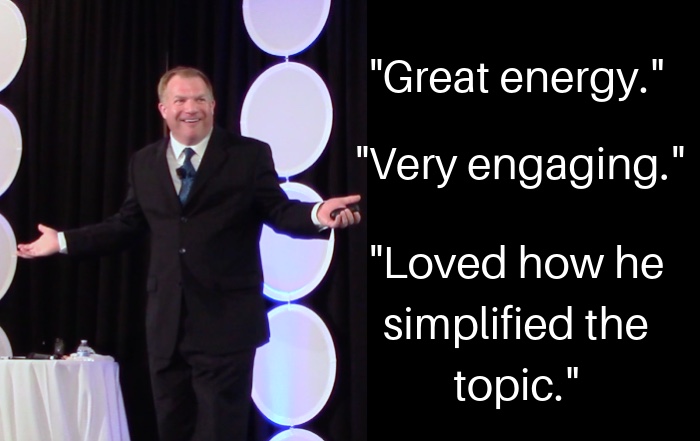 Some successful collaboration tips can help prevent some of the frustration that comes from working with different people in your organization. Just because you pass in the hall and see one another in the break room doesn’t mean you’re a good match.
Some successful collaboration tips can help prevent some of the frustration that comes from working with different people in your organization. Just because you pass in the hall and see one another in the break room doesn’t mean you’re a good match.
Working with different people from different departments can be exciting and challenging. Consider these tips for making it a successful process:
Successful Collaboration Starts with a Skills Assessment
When presented with a project, many groups immediately dive into the work without assessing individual skills. Hold off for a few minutes and talk about strengths and weaknesses. This is also a good way to make sure introverts have their full talents utilized by the group.
Sometimes you may have a strength but others may perform the same thing at a higher level. It’s also possible that you may be the best person to take on a task, even though you’re not a huge fan of that kind of work.
Don’t assume the people who put your band together understand individual strengths and weaknesses. Find the music of collaboration.
Respect Differences
Don’t get upset at others if they’re not like you. For instance, some may be wired to say the first thing that comes into their mind, while others think before speaking.
Neither way is right or wrong. Keep an open mind and respect differences. The collective journey to your goal may be effective yet unfamiliar.
Successful Collaboration Requires Stakes
Effective individuals often fail in teams because they don’t do the work they’ve committed to performing. Then this slows or degrades the team’s output. People become frustrated when they feel others are pulling their weight.
Early on, make sure everyone is committed to getting the project done on time. Unexpected things are going to happen and outside workloads may increase but that doesn’t mean you ignore your commitment to the group. That may include having backups who can help you manage your normal work.
Some like to have agreed upon penalties for missing deadlines. For example, if someone has not finished their task by the next meeting, then that person is responsible for picking up coffee (the good stuff, not break room coffee) for the group.
This task can’t be passed on to a subordinate. There has to be a consequence for not honoring your commitment. Simply saying, “sorry,” is not enough.






